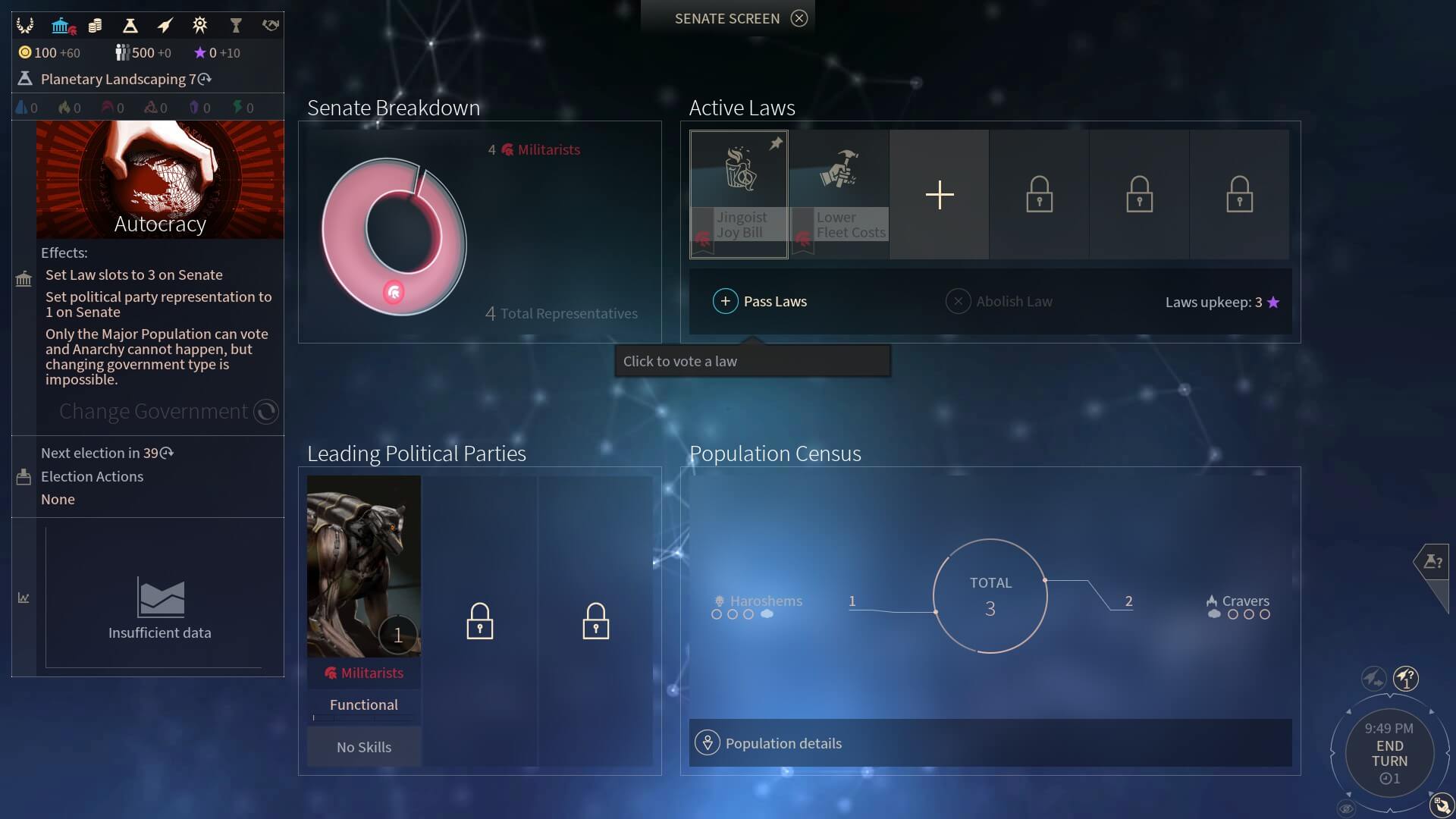

National security or geopolitics, human rights, the rights of marginalized communities, national or ethnic self-determination.

The fact is, we all view what’s happening in China today, we will continue to view it through different lenses in combination. We don’t know whether it means five more years of Xi Jinping or 10 more years or maybe more still. We don’t know what it all means for the conduct of China’s foreign policy, for example, there’s likely to be very little consensus among analysts outside of China on what it’s going to mean even just for near term growth prospects or whether it’s going to be an adequate response to the daunting demographic challenges that China faces. While we can assume fairly broad buy-in within the very upper echelons of the Chinese political elite, it’s hard to establish how it’s all being received a little bit further down.

But many questions remain unanswered, Xi’s essay still doesn’t offer concrete proposals or quantitative targets or a clear road map. That essay has cleared up some questions about this thing that my colleagues and I have taken to calling the Red New Deal. This weekend - just this past weekend - a leading Party magazine published a short essay by Xí Jìnpíng 习近平 himself, on the topic of “common prosperity,” which is the concept at the heart of the leadership’s new focus. What is this all about? The outlines really have started to become clear to most observers just in the last three months or so. It’s de-platformed all these celebrities. It’s imposed very strict limits on online games. It has kneecapped the enormous cram school industry, it has completely banned cryptocurrency. For over a year now, we’ve seen Beijing moving to rein in China’s big tech companies. It may be that we are witnessing something really historic: the birth of a new development model for China. A tectonic shift, a serious recalibration, perhaps even a realignment of the Chinese Communist Party’s priorities. There is something major afoot in China right now.


 0 kommentar(er)
0 kommentar(er)
